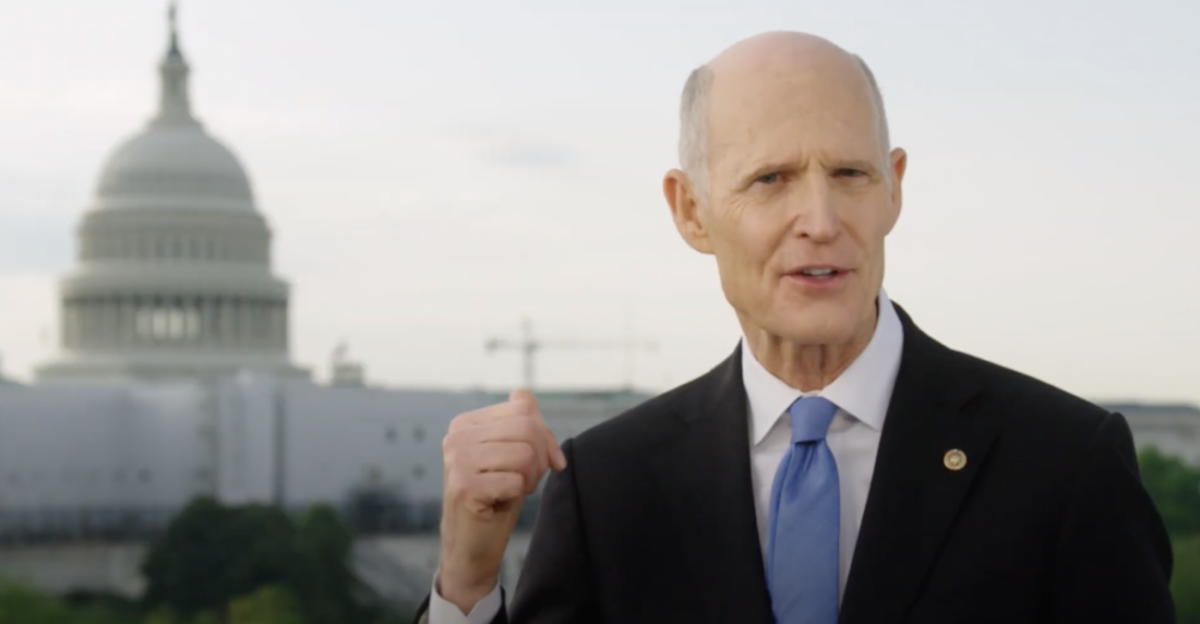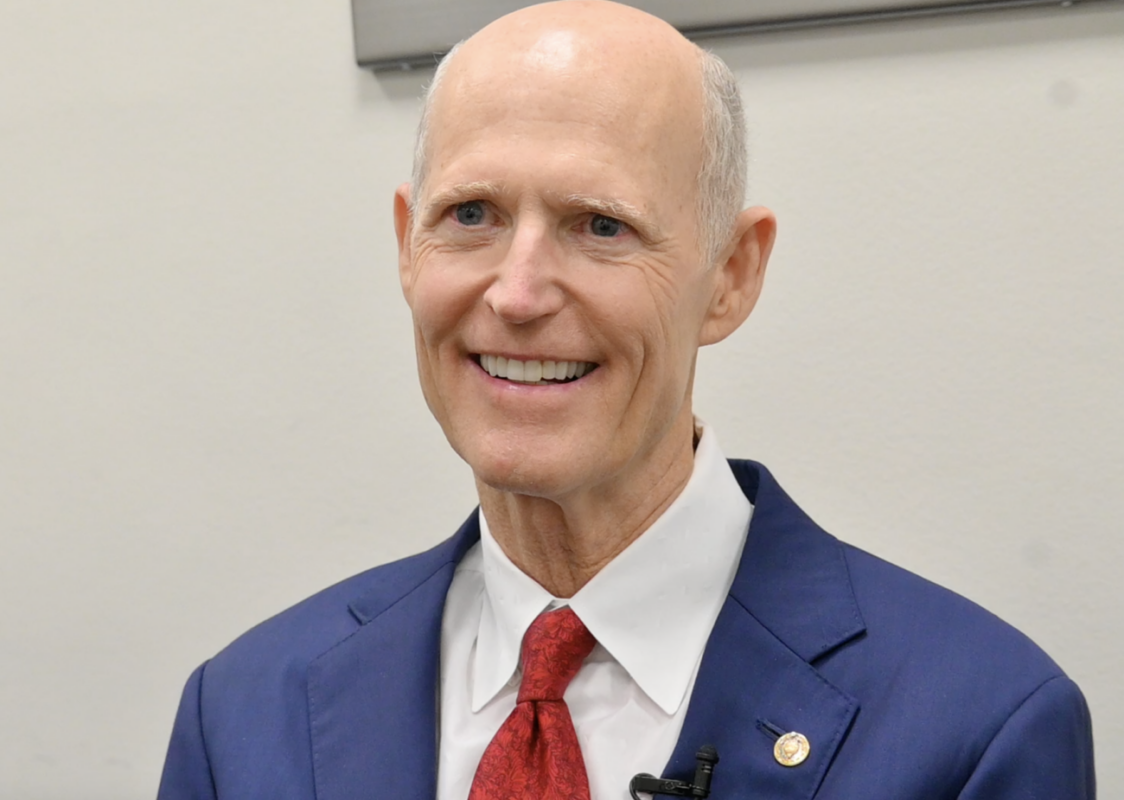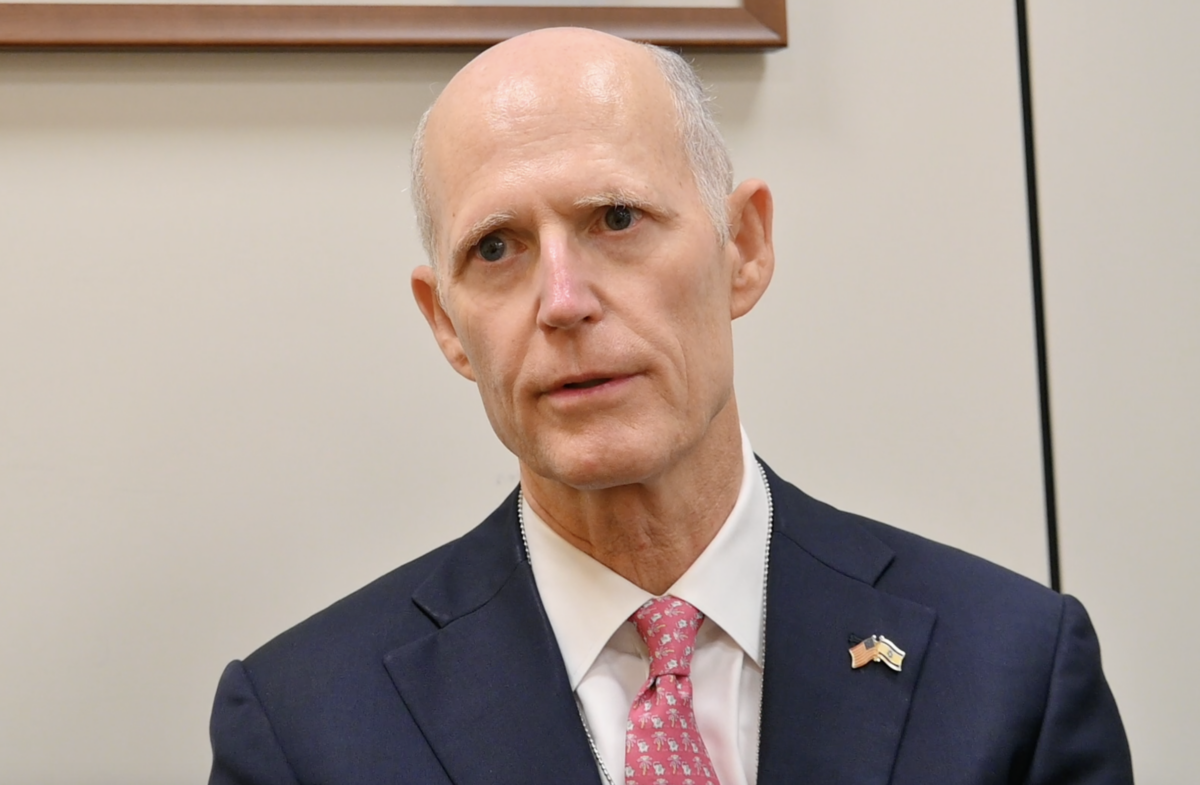US Senators Rick Scott (R-FL), Ted Cruz (R-TX) and others have filed legislation that would prohibit the national government from issuing a central bank digital currency (CBDC).
CBDC is a form of digital cash that can be tracked and regulated in real-time by a centralized regulatory authority.
In September of 2022, President Joe Biden announced the launch of an inquiry into the risks and benefits of integrating digital currencies into the US government and economy. Since then, President Biden has encouraged the Federal Reserve to continue investigating the possibility of creating a CBDC.
Conservatives are skeptical about the Fed’s interest in developing a CBDC and are calling for restraint.
According to Senator Scott’s office, the use of CBDC could be weaponized to persecute political opponents.
Consequently, Senate Republicans filed the CBDC Anti-Surveillance State Act to prevent the Federal reserve from directly issuing CBDC to any individual and to ensure any CBDC disbursements are Congressionally authorized.
“Big government has no business spying on Americans to control their personal finances and track their transactions,” stated Scott. “ It is a massive overreach and a non-starter for me.”
The Blockchain Association, which describes itself as a network comprised of the digital technology’s leading investors and companies, voiced support for the bill.
“CBDCs present major privacy concerns for everyday Americans, including granting the government the ability to collect intimate personal details on U.S. citizens, and potentially track and freeze funds for any reason,” read a Blockchain Association statement.
Last November, Scott filed legislation to prevent transactions with Chinese digital currencies from occurring on American soil or with American companies.
Earlier in the summer, China had unveiled the ‘Yuan’, a new digital currency to facilitate domestic and international financial digital transactions.
Scott is worried about the potential weaponization of the Yuan to undermine American economic interests.
The bill is yet to be considered by the Senate.














